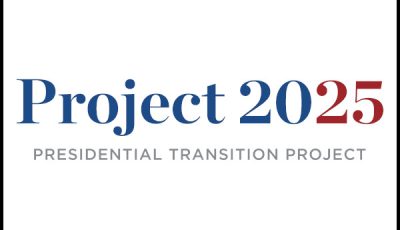Tumblr Declines South Korea’s Porn-regulation Request
 SEOUL – The U.S.-based social platform Tumblr has declined a request from the Korea Communications Standards Commission (KCSC) to regulate porn on the service, stating the company is not subject to South Korean law.
SEOUL – The U.S.-based social platform Tumblr has declined a request from the Korea Communications Standards Commission (KCSC) to regulate porn on the service, stating the company is not subject to South Korean law.
“Tumblr is a U.S. company regulated by U.S. law,” the company said in a statement provided to the KCSC, according to a report published by the Yonhap News Agency. “Tumblr has no physical presence in South Korea and is not subject to its jurisdiction or laws.”
While he didn’t dispute Tumblr’s assessment of the company’s legal obligations, Rep. Choi Myung-gil of the People’s Party, the representative to whom Tumblr’s statement was delivered, said he’s disappointed with Tumblr’s decision.
“Tumblr has been providing Korean-language service since 2013, although it does not hold a branch here,” Choi said. “The company should give minimum respect to South Korean rules and cooperate (with the KCSC).”
Tumblr’s content policies are somewhat vague with respect to sexually explicit content, allowing for “NSFW” content so long as it is marked as such but specifically disallowing the uploading of sexually explicit video.
“You can embed anything in a Tumblr post as long as it’s lawful and follows our other guidelines, but please don’t use Tumblr’s Upload Video feature to upload sexually explicit video,” the platform’s Community Guidelines state. “We’re not in the business of hosting adult-oriented videos (and it’s fucking expensive).”
According to Yonhap, the KCSC has observed a significant increase in adult content on the various social media platforms which provide service to South Korea since 2014, with the largest spike occurring on Tumblr.
In 2014, the KCSC detected a total of 49,737 cases of adult content, of which only 780 involved Tumblr. (Twitter was the biggest contributor in 2014, accounting for 9,839 instances.) In 2016, the KCSC identified 81,898 instances of adult content, of which 47,480 were found on Tumblr, while Twitter’s total was down to 6,853 cases.
While the KCSC is independent from the South Korean government, at least on paper, its members are appointed by the government and it functions as a kind of de facto censorship enforcement wing of the government.
The KCSC primarily targets content related to gambling, pornography and prostitution, all of which are illegal in South Korea. The commission also has demanded the removal of content critical of the government in the past, however, including the removal of posts critical of former President Lee Myung-bak from the Daum web portal (which was later rebranded as part of the Kakao-Daum merger) in 2008.
Rep. Choi, meanwhile, appears bent on regulating life’s small pleasures in areas well outside pornography and prostitution, having recently introduced a bill that would extend an existing ban on public smoking into the homes of South Koreans. (The bill passed in August and will take effect in January.)
Choi is facing some legal troubles of his own. In August, an appeals court upheld a penalty against Choi for “hiring an unregistered election campaigner,” according to Yonhap. While the fine is not terribly steep (it amounts to roughly U.S. $1,766), the conviction is serious enough to potentially result in the loss of Choi’s seat in the National Assembly. Choi reportedly will lose the seat if his conviction is upheld by the South Korean Supreme Court.













